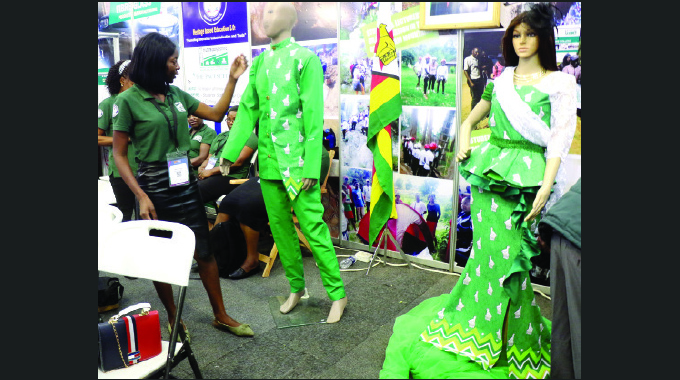Zimura to pay artistes in US$

Mthabisi Tshuma, Showbiz Correspondent
THE Zimbabwe Music Rights Association (Zimura) which was being criticised for pegging its licensing tariffs in US$ yet they are paying artistes royalties in local currency, has justified that move saying it is due to Government’s adoption of foreign currency.
The non-governmental revenue collecting entity whose mandate is to protect and promote the rights of music composers, authors and publishers in Zimbabwe reviewed its annual licensing fees with the lowest pegged at US$50 and the highest at US$1 000. The Zimura Licensing Tariff is a guide used by the Zimura licensing officers when engaging clients – commercial music users such as shops, public transport, broadcasters, salons, and so on – for Copyright Music Licences.
Upon release of the tariffs on Tuesday, a number of creatives criticised them as exorbitant. They also quizzed why they had been pegged in US$ instead of local currency.
Lodges/guest houses are expected to pay US$150, hotels – US$500, takeaways – US$50, reception areas/waiting rooms – US$50, banks/banking halls – US$300, kiosks/tuckshops – US$25, canteens – US$100, sports bars – US$200, bottle stores – US$50, sports clubs – US$300, beerhalls – US$150 and nightclubs – US$200.
However, in an interview, Zimura executive director, Polisile Ncube-Chimhini said the new tariffs, effective from this month, which have been approved by the Zimbabwe Intellectual Property Office will see the next distribution of royalties for artistes being paid in US$.
“The next distribution of royalties in June next year will see our members receiving their dues in forex, if the Government’s law on forex use is still in place.
“The reason why the licensing tariff charges are now in USD is because everyone countrywide is dealing in forex. Even the people subject to paying the fees are offering most of their services in forex hence we saw a need to do the same for our artistes,” said Ncube-Chimhini.
She said pegging the tariffs in foreign currency does not mean their clients must pay in forex as they will be accepting payment in all legal currencies in the country.
“The tariffs can be paid either in local currency or forex. For clarity, it should be known that people who pay these licences surely can afford them.
“A shop for example, can be charged to pay US$100 for a year and if you look at just a single clothing item of theirs, it may cost only US$50 and there are able to sell over 10 a month, therefore there’s no problem in paying what the artistes deserve,” she said.
Zimura board chairperson Albert Nyathi urged people to understand that music is an artiste’s property and that’s what brings food on their table hence the need to collect and pay them their dues.
“Music is an artiste’s property thus people should be able to understand that it’s what aids to their day to day livelihoods. As Zimura, we’re in the business of promoting music so people need to understand this as well as the procedures and the situation on the ground,” said Nyathi. – @mthabisi_mthire.










Comments